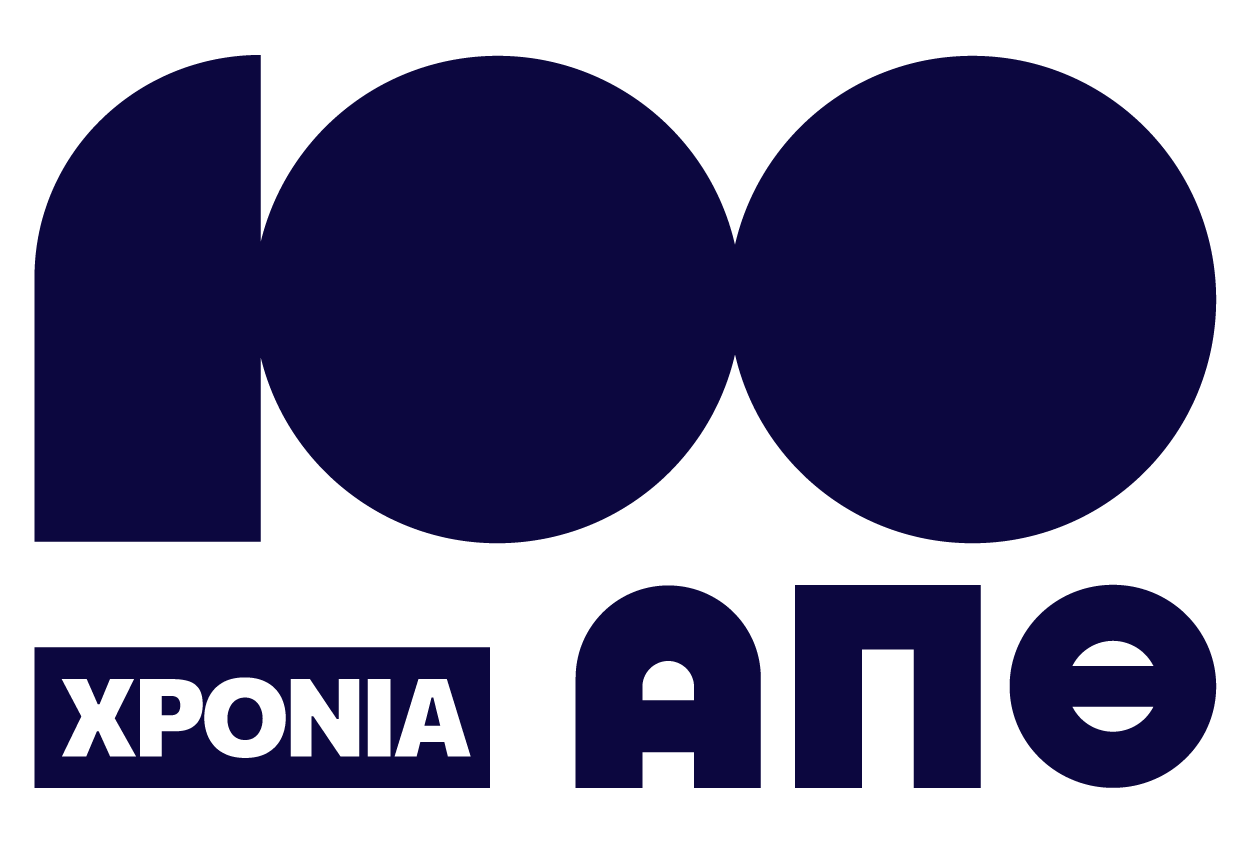
The course offers a detailed account of major issues relating to the production, acoustic characteristics and perception of speech. It begins with an examination of segmental articulation and a survey of the variety of speech sounds found in the world’s languages. The phenomena of stress and intonation are also explored in relation to data from a variety of languages. It then examines the acoustic nature of speech sounds and discusses selected key issues in speech perception. Issues relating to current phonetic research and applications are also discussed including an overview of major experimental techniques as well as applications in speech technology and clinical phonetics. The course contains a practical component which includes work on identification, production and transcription of sounds using data from a variety of languages. A research project involving the acoustic analysis of speech data is required as part of the course. Course handouts and other materials (audio files, videos, internet sites) are uploaded on e-class. Learning outcomes: n Knowledge of key concepts and terms used for the articulatory description of speech sounds, acoustic analysis of speech and speech perception n Knowledge of the complete set of sounds, corresponding symbols and diacritics of the International Phonetic Alphabet (IPA), ability to identify and produce these and perform simple transcription exercises n Familiarity with experimental techniques in phonetic research including acoustic analysis, electropalatogaphy, laryngography, ultrasound n Ability to perform acoustic analysis of data using programs such as PRAAT n Ability to work with articulatory data using electropalatography n Acquisition of a comprehensive background for the study of phonetics at postgraduate level. Course textbook and outline/list of readings are available. Assessment: 1. Lab report (50%): Acoustic analysis of speech data. 2. Final exam: a) Two theoretical questions (40%); b) Dictation of nonsense words or of words from a language unknown to the students to be transcribed phonetically (10%) (compulsory).
| Εξάμηνο | Τμήμα | Ημέρα | Από | Έως | Αίθουσα | Διδάσκων/ουσα |
| Εαρινό | Δευτέρα | 11:00 | 13:30 | 308 B | Διδάκτορας - Συνεργάτης ΕΔΒΜ |